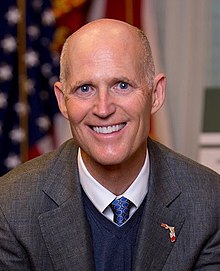Full Service Pro Se Mediation For Less Than $3,500
If you are going through divorce, you should retain an attorney. Only an attorney can provide you with legal advice that serves your interests.
However, many people, for whatever reason, choose not to hire a lawyer. And yet, they need help reaching an agreement and filling out all the appropriate paperwork. For those people, Family Diplomacy offers Pro Se Mediation, also known as mediation without lawyers.
In Pro Se Mediation, Adam B. Cordover will serve as a neutral mediator to help you and your spouse reach an agreement. As Adam is not acting as a lawyer, he cannot provide legal advice to either spouse. Pro Se Mediation is a private and cost-effective method to resolve issues related to divorce, and it can be done for a total cost of less than $3,500.
Here is how:






